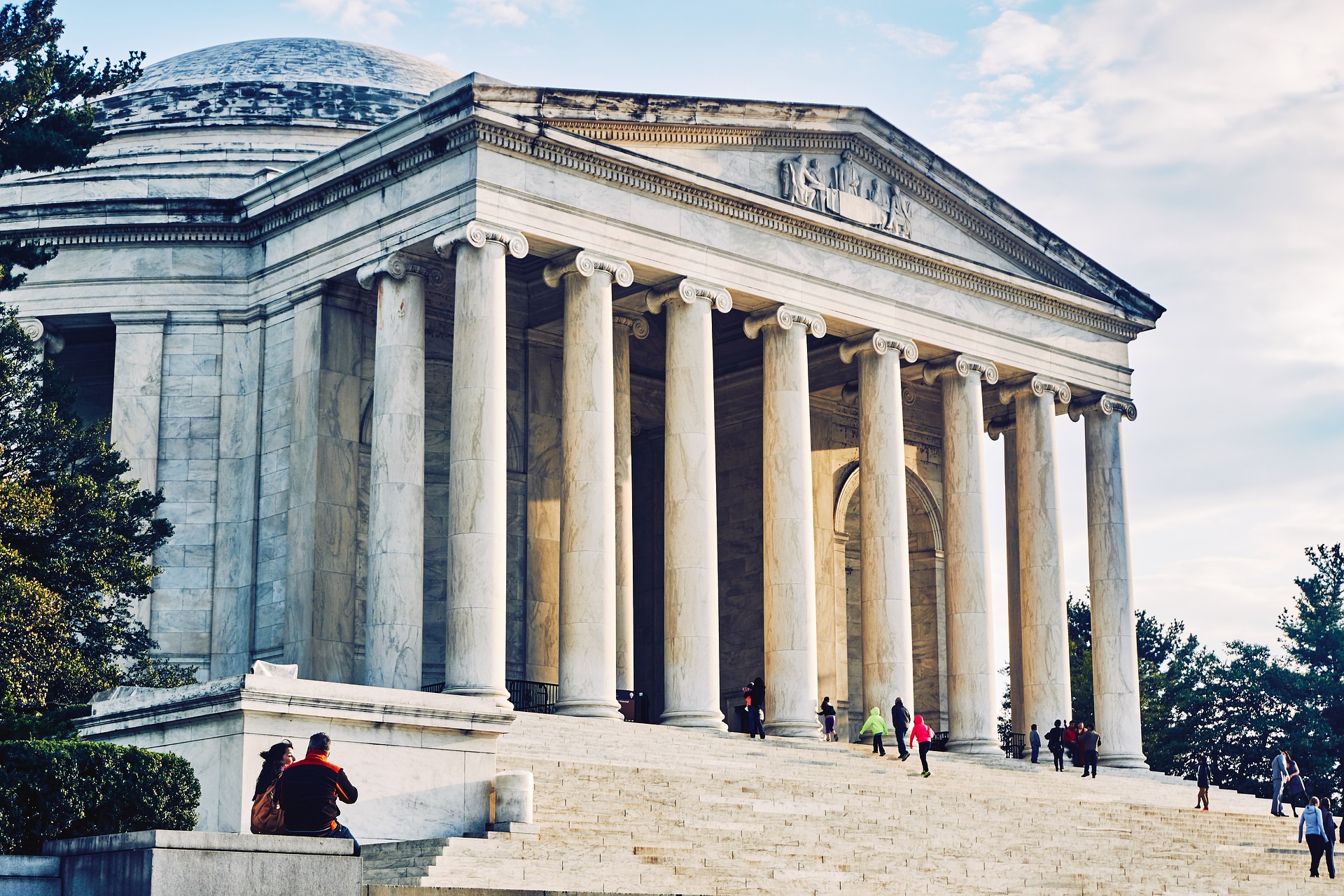The Ongoing Debate: The Role of Executive Power in a Constitutional Democracy
In the realm of constitutional law, the discussion about the extent of executive power in a constitutional democracy remains contentious. This article will dive into the historical context, current updates, and societal implications of this ongoing debate.
The Historical Context of Executive Power
The concept of executive power is rooted in the separation of powers doctrine, a principle that dates back to ancient Greece and Rome. This idea, further developed by philosophers like Montesquieu and John Locke, advocates for the division of governmental powers into separate branches to prevent abuse of authority. In the United States, for instance, the Constitution established three branches of government: the legislative, the executive, and the judicial.
The Modern Interpretation of Executive Power
The interpretation of executive power has evolved significantly over the years. In the wake of numerous crises and conflicts, many democracies have expanded the powers of their executive branch, arguing that a strong executive is necessary to ensure swift and effective responses. However, critics argue that this expansion risks undermining democratic checks and balances.
Recent Legal Updates and Policy Discussions
In recent years, there have been several high-profile instances where the limits of executive power have been tested. These cases often pit the executive branch against the legislative or judicial branches, triggering debates about the balance of power within government. For instance, the use of executive orders in the United States has generated significant controversy, with critics arguing that such actions may overstep constitutional boundaries.
Societal Implications of Executive Power
The extent of executive power has profound implications for society. On one hand, a strong executive can ensure decisive leadership and efficient administration. However, unchecked executive power can lead to authoritarianism and the erosion of democratic principles. Therefore, achieving a balance is crucial to safeguard democracy and the rule of law.
Looking Ahead: The Future of Executive Power
As we move forward, the debate around executive power will likely continue to evolve. In an increasingly globalized world, the role of the executive in dealing with international issues and crises will become even more critical. It is crucial for legal scholars, policymakers, and the public to remain engaged in this discussion, as the outcomes will shape the future of our democracies.
In conclusion, the debate surrounding the extent of executive power in constitutional democracies is pivotal in the discourse of constitutional law. As we navigate these complex waters, it’s essential to maintain an open dialogue and a commitment to democratic principles to ensure a fair and balanced system of governance.





